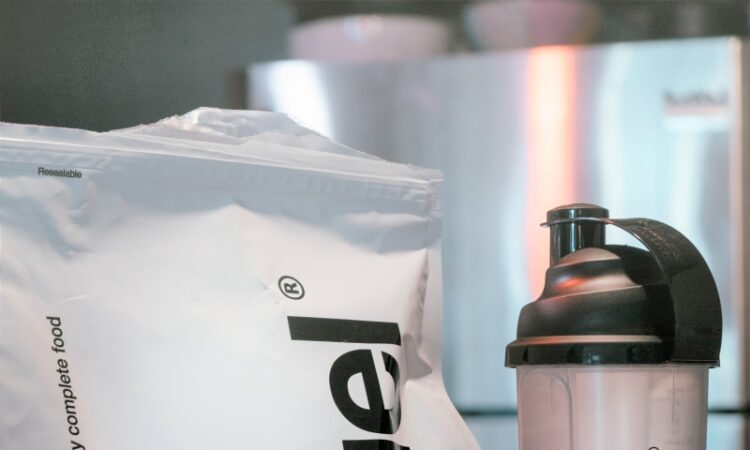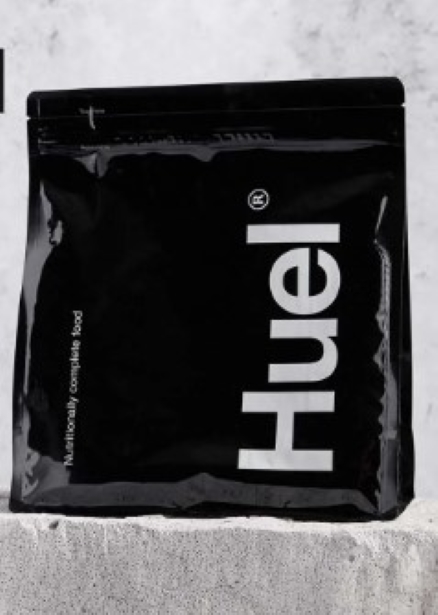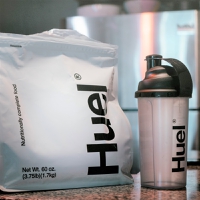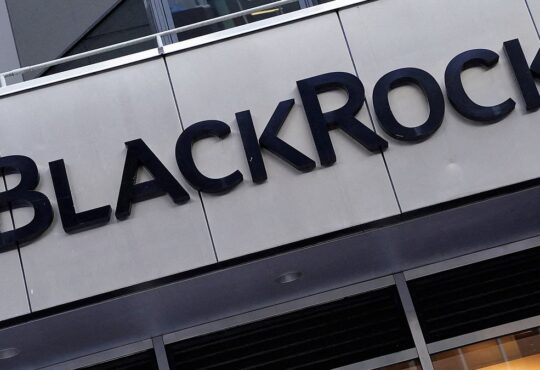
16 Feb 2023 — The UK Advertising Standards Authority (ASA) has concluded that Huel’s meal replacement advert alluding to cost savings is misleading. The ad – which was published on Facebook and the brand’s website – has been reviewed and updated on the two platforms where it was published.
Huel immediately updated the ad and reviewed all other live ads to ensure its full compliance with the UK Code of Non-broadcast Advertising, Sales Promotion and Direct Marketing (CAP Code).
The CAP Code requires that references to general benefits of a food for overall good health or health-related well-being are acceptable only if accompanied by an authorized health claim.
The ad in question was posted on Facebook, once in August and again in September 2022, with the text, “Huel helps keep money in your pockets. An entire month’s worth of Huel works out at less than £50 [US$60].”
“Huel isn’t just the healthy option with perfectly balanced protein, carbs, fats and fibers; it’s the smart option too.” The ad went on to say, “34 meals for £1.51 [US$ 1.82] per meal.”
The brand advertised “Five ways to save money on food” on its website during the same period. It said: “In this day and age, spending money can often feel a little too easy while eating well can feel harder than it should. Is there a way to eat healthy while saving money?”
The authority’s assessment Huel Black Edition (Credit: Huel).
Huel Black Edition (Credit: Huel).
There are two complainants in the case who challenged whether proposing meal replacement products as a way of saving money on food was irresponsible and misleading.
The ASA challenged whether the claim “Huel isn’t just the healthy option …” was a general health claim not accompanied by an authorized health claim, as required by the CAP Code.
The ASA considers that UK consumers – who are viewing the ads in the current context of rising household prices – may interpret Huel’s claims to mean that the brand’s products could be used to save money on a monthly food bill.
It flags the likelihood that consumers may assume that a month’s worth of Huel could be purchased for less than £50 (US$60).
“We considered that in that context, consumers would likely compare the cost of a month’s supply of Huel, eaten for every meal, to the cost of a month’s supply of ‘traditional’ meals,” the authority states.
However, that text was at the bottom of the image in a less prominent position than the claims referenced above. The ASA deduces that Huel did not make sufficiently clear to consumers that the cost saving was only based on consuming one Huel product a day and was not equivalent to a month’s worth of food covering all meals.
What’s in a few words?
Based on the wording and claims in the advert, the ASA considers that the brand’s recommendations may be interpreted to mean that Huel’s processed nutritional products could be eaten instead of “traditional” meals.
“We acknowledged that Huel had said that their products would save money when compared to other expensive convenience foods,” states the ASA.
It is further concluded that ads did not clarify that a “traditional” diet of three meals a day cannot directly be replaced with three portions of Huel a day, while still providing sufficient calories. In that context, ASA found the ads to be irresponsible.
The brand’s defense The ASA found that Huel made a general health claim that had not been accompanied by an authorized claim.
The ASA found that Huel made a general health claim that had not been accompanied by an authorized claim.
The ASA welcomed Huel’s immediate actions to amend their advertising. “However, we concluded that the ad breached the Code because it included a general health claim that was not accompanied by a specific authorized health claim,” it outlines.
Huel said the advertising was not a response to the financial crisis, although they understood that it was a significant consideration to consumers at the time the ad was published.
Huel is marketed as a “nutritionally complete meal in itself.”
The brand argues the ad did not advocate the substitution of all meals. It also suggests that if Huel was used to substitute more expensive convenience foods with its product with a similar nutritional profile for one meal a day, it would represent a cost saving.
Therefore the company does not believe the ad was misleading, adding it “regrets any confusion their ads may have perceived.”
Huel claims that its internal processes had not been followed correctly and had allowed the claim to be included in the ad without the accompanying specific authorized health claim.
In other recent UK regulatory developments, the ASA found an advertisement posted on the celebrity chef Gordon Ramsay’s Instagram page made assertions about the micronutrient content of the Eden Mills produced gin to be misleading.
Edited by Inga de Jong
This feature is provided by FoodIngredientsFirst’s sister website, NutritionInsight.
To contact our editorial team please email us at
[email protected]
If you found this article valuable, you may wish to receive our newsletters.
Subscribe now to receive the latest news directly into your inbox.






